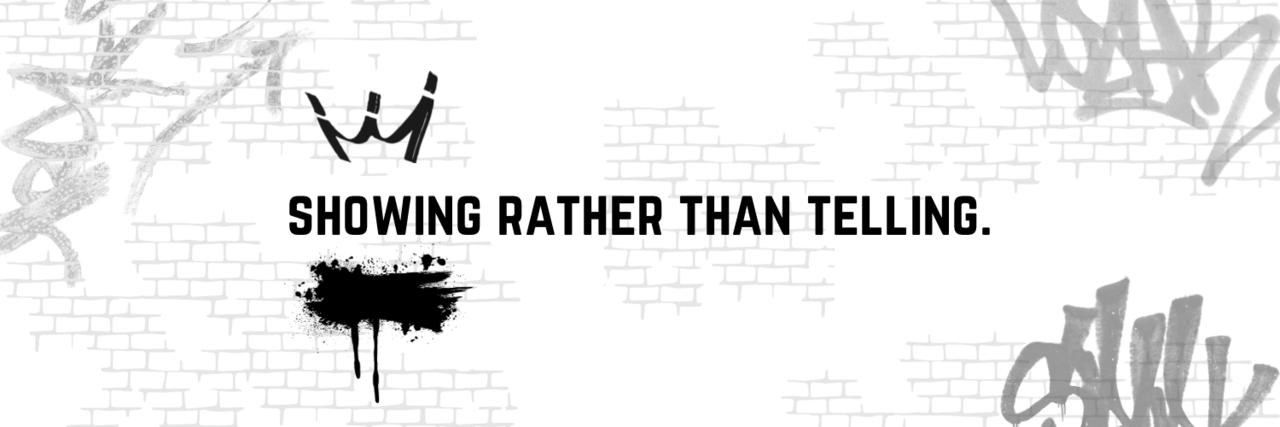
The Stark Naked Brief.
Concise, investigative reports on the defining political issues of our time. Showing rather than telling. Former political strategist. Part-time citizen journalist. Based in 🇬🇧.

Concise, investigative reports on the defining political issues of our time. Showing rather than telling. Former political strategist. Part-time citizen journalist. Based in 🇬🇧.